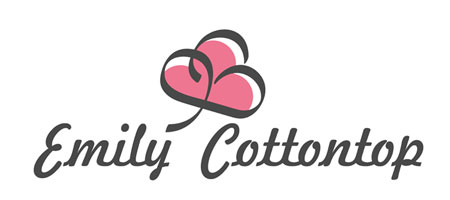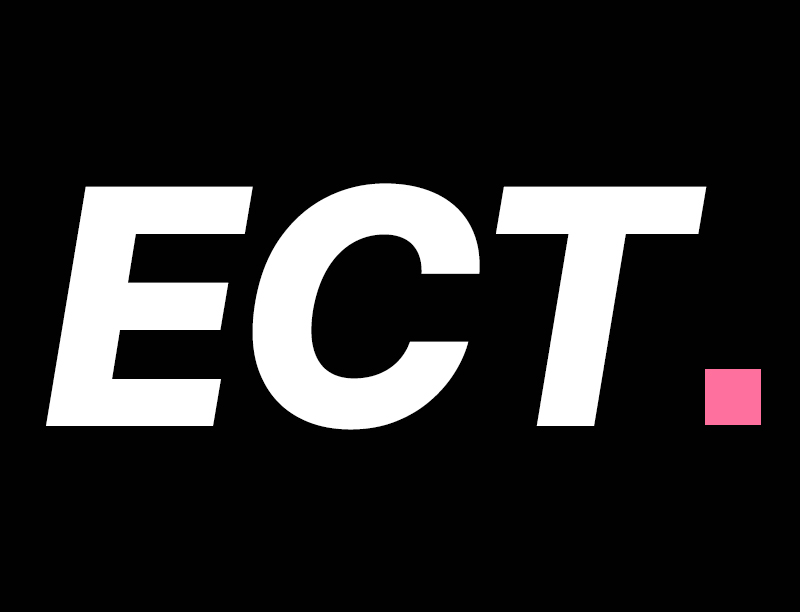Most people think that getting to the bag is the only thing that matters, but truth be told, getting to the bag means nothing if you can’t secure it.
Here’s how to stay focused on your bag in 2020, so you can obtain the financial abundance and security that you desire.
Start An Emergency Fund
55 million Americans don’t have any emergency savings. This means that if the going gets tough because they’ve lost their jobs, got caught in a natural disaster, accrued unexpected medical expenses, or experienced any other life-altering event—they have absolutely no safety net.
Life is unpredictable and not having a financial cushion to protect you could upend your life for many years to come.
Before an unfortunate event strikes, start saving enough for an emergency. The general guidelines for an emergency fund are that you should eventually have enough money to cover 3-6 months of expenses in your savings account at all times.
Better Manage Your Debt
By now, most of us are well aware that debt can create massive burdens for us in all areas of life, but especially when we’re trying to get ahead financially.
If you really want to focus on securing the bag, you first need to figure out what’s stopping you from doing so—and debt is one of those things.
Now, this doesn’t mean you have to pay off all of your debt at once, but it does mean you should start paying on the largest debt or the one that is negatively impacting your credit score the most. Some suggestions for debt management:
- Make payment arrangements that are affordable and will help you largely reduce the amount of debt in a reasonable amount of time.
- Look into debt consolidation and loan refinancing.
- Make sure you are paying bills on time, and even pay extra when you can.
Request A Raise Or Promotion
A lot of us feel like we have to find a new job to get paid what we truly want, but this isn’t always the case.
Sometimes having a little more money in our pockets is just one, well-thought-out request away.
Talk to your manager(s) and let them know that you’d like to have a discussion about a potential raise or promotion. The best time to ask for a raise or promotion is when:
- You’ve recently accomplished something at work or have acquired additional skills, certifications, or a degree.
- You’ve been regularly taking on tasks outside of your job description.
- The company is preparing for performance reviews, bonuses, or a raise cycle.
- When your supervisor is in a good mood.
Set Goals Around The 50/30/20 Rule
The general rule of thumb is that your budget should follow the 50/30/20—50% of your income goes to bills and other necessities, 20% goes to your savings, and 30% is for your wants like entertainment and shopping.
If your savings are looking bleak or you find yourself spending too much in one direction, your aim should be to get as close to the 50/30/20 ratio as possible.
For example, if you make $2000 a month, $1000 should go to bills, $600 can be spent on whatever you’d like, and $400 goes to your savings. This is the 50/30/20 rule.
I know it’s difficult to hit these numbers on the nose to begin with, but it can be particularly difficult when you don’t know what your check is looking like for the pay period.
If you want to get the best estimate so you can budget effectively, Smart Asset has a free paycheck calculator that’ll help you determine how much you should get every pay period based on hours worked, hourly pay or salary, and your state’s taxes.
Invest In New Skills And Certifications
No matter if you are your own boss or a dedicated employee, having a large set of skills and abilities is a big part of what makes the work you do trustworthy and valuable.
While we all can’t go back to school full time, there are actually cheaper, less time-consuming things we can do to increase your knowledge and skillset—official training and certification in your field are two of the most popular ways.
Not only will investing in some form of training or certification increase your salary potential, but it also means you’re now eligible for jobs and positions you weren’t before. Some things to consider:
- Both Adobe and Microsoft offer training and certification for their many programs. Excel, Publisher, Powerpoint, InDesign, and Photoshop are just a few of the programs that are worth the training.
- Human Resources, Salesforce, Project Management, and various Information Technology certifications are ideal for higher-level positions.








